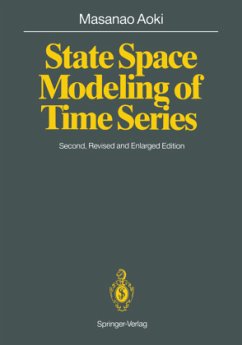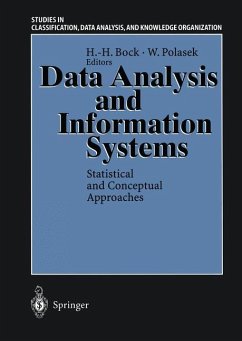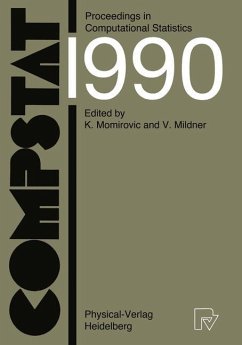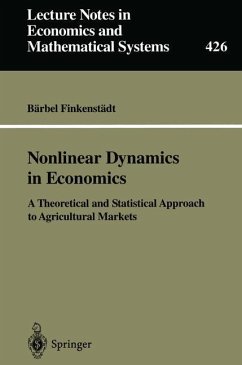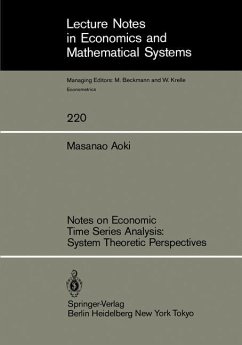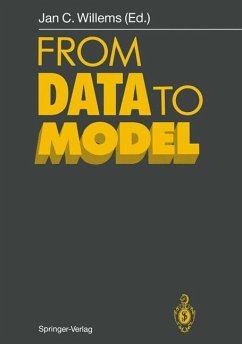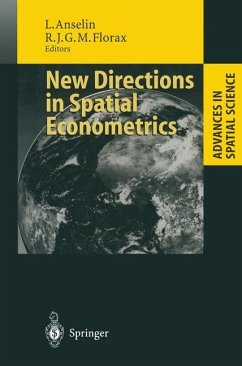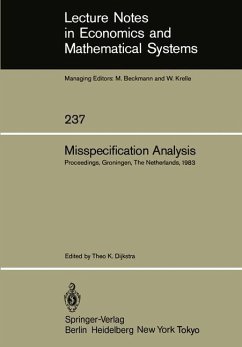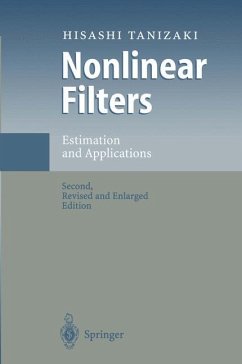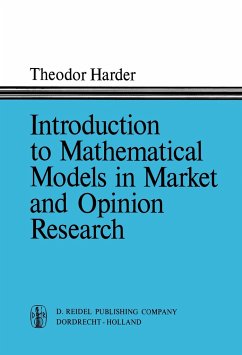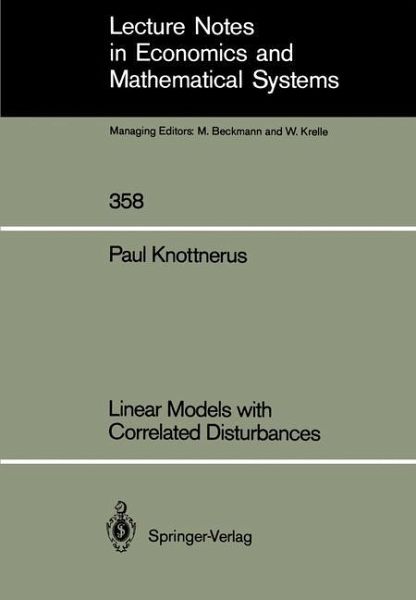
Linear Models with Correlated Disturbances

PAYBACK Punkte
39 °P sammeln!
In each chapter of this volume some specific topics in the econometric analysis of time series data are studied. All topics have in common the statistical inference in linear models with correlated disturbances. The main aim of the study is to give a survey of new and old estimation techniques for regression models with disturbances that follow an autoregressive-moving average process. In the final chapter also several test strategies for discriminating between various types of autocorrelation are discussed. In nearly all chapters it is demonstrated how useful the simple geometric interpretati...
In each chapter of this volume some specific topics in the econometric analysis of time series data are studied. All topics have in common the statistical inference in linear models with correlated disturbances. The main aim of the study is to give a survey of new and old estimation techniques for regression models with disturbances that follow an autoregressive-moving average process. In the final chapter also several test strategies for discriminating between various types of autocorrelation are discussed. In nearly all chapters it is demonstrated how useful the simple geometric interpretation of the well-known ordinary least squares (OLS) method is. By applying these geometric concepts to linear spaces spanned by scalar stochastic variables, it emerges that well-known as well as new results can be derived in a simple geometric manner, sometimes without the limiting restrictions of the usual derivations, e. g. , the conditional normal distribution, the Kalman filter equations and the Cramer-Rao inequality. The outline of the book is as follows. In Chapter 2 attention is paid to a generalization of the well-known first order autocorrelation transformation of a linear regression model with disturbances that follow a first order Markov scheme. Firstly, the appropriate lower triangular transformation matrix is derived for the case that the disturbances follow a moving average process of order q (MA(q". It turns out that the calculations can be carried out either analytically or in a recursive manner.





